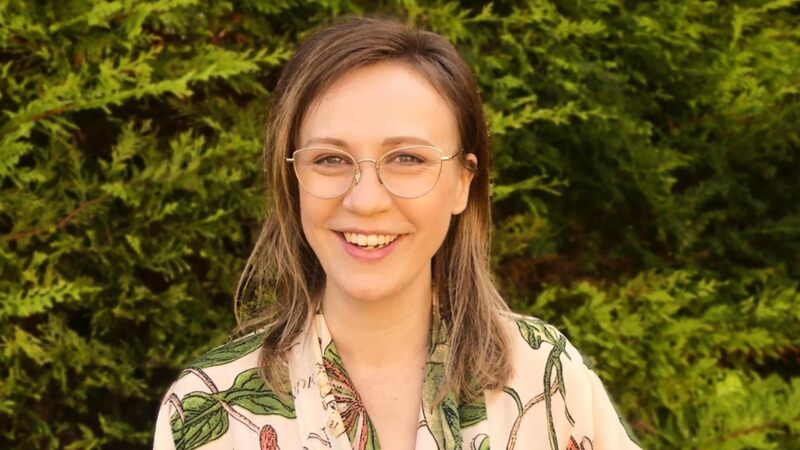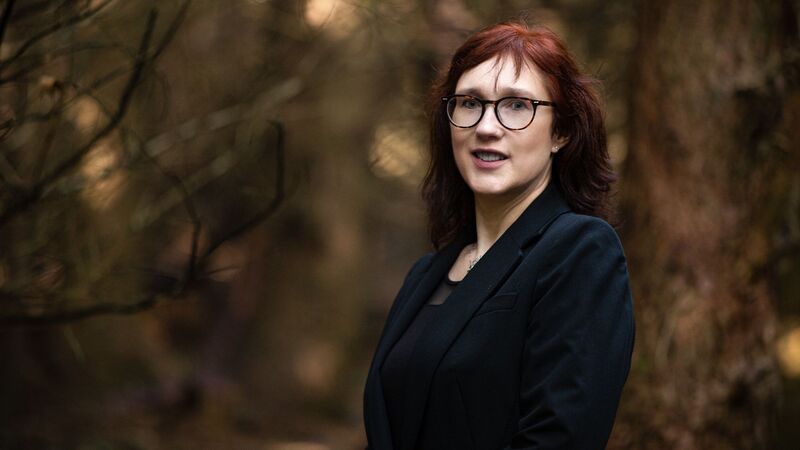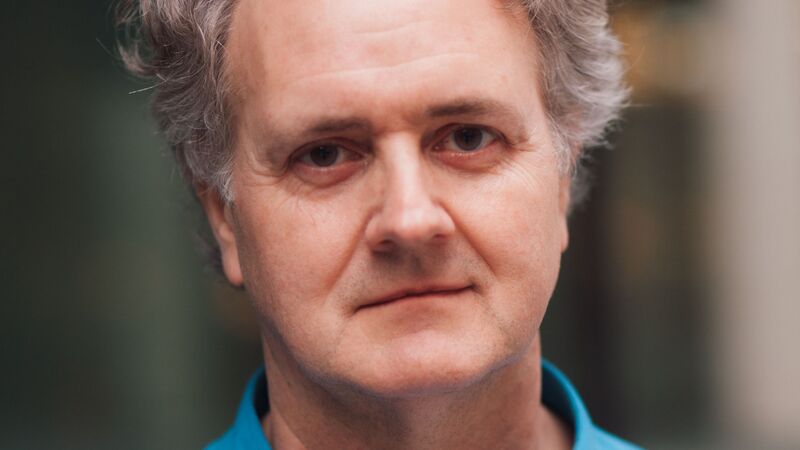You are viewing your 1 free article this month. Login to read more articles.
Writers bodies defend author earning figures as 'incontrovertible'
The Society of Authors (SoA) and the Authors Licensing and Collection Society (ALCS) have written an open letter taking issue with the Publishers Association’s questioning of figures unveiled in a recent survey showing writers’ earnings have fallen by 15% in four years, calling them “incontrovertible”.
The PA’s chief executive Stephen Lotinga raised doubts about ALCS survey findings released earlier this week which said writers' average earnings had dropped to under £10,500-a-year since last reviewed in 2013. “These figures will be unrecognisable to the majority of publishers as they just do not reflect the investments they are making in creative talent,” he said at the time. “If we are to have a genuinely constructive conversation about this issue then we need a much sounder evidence base.”
Lotinga also said the PA would welcome engagement with ALCS and the SoA on the survey and the wider issues it raises, arguing it was “vital publishers are included in this important discussion”.
The two writers’ bodies have now penned an open letter to Lotinga pressing him to explain the basis upon which he is questioning the validity of the data, listing a wealth of other evidence to support the trend that authors’ incomes are declining.
“We agree that publishers must be included in this discussion, and I hope we can work together constructively to ensure that profits are shared fairly along the value chain,” the bodies said.
“However, we must take issue with your comments on the evidence. On what grounds are you questioning the evidence base for the survey? This was an independent survey of over 5,500 authors commissioned by ALCS from CREATe, the RCUK Centre for Copyright and New Business Models in the Creative Economy, based at the University of Glasgow. It follows similar surveys carried out in 2005 and 2013. The downward trend is clearly established and is, I would have thought, incontrovertible.”
It continued: “You must be aware that very similar findings have emerged from surveys carried out in Canada, USA and other places including a European Commission study from 2016. All show that the earnings of authors are woeful and are continuing to decline.
“The findings are also very much in line with research commissioned for the Publishers Association carried out by Frontier Economics. You will recall that your research estimated that in 2016 authors received £161m in advances, royalties and secondary rights revenue, approximately 3% of the industry’s turnover. I raised this figure with you and you have not sought to correct or amend it.”
Earlier this year the SoA called upon publishers to state in their accounts how much they pay to authors, illustrators and translators in advances, royalties and secondary income. “With the exception of Profile Books, publishers have been unwilling to do this and we have not received a collective response to our request from the industry,” the writers’ groups railed.
“There is clear evidence that author earnings are in serious decline. Meanwhile the profit margins of the main corporate publishers are increasing, with average profits estimated to be around 13%. Based on the PA’s own 2016 figures, we estimated that the big five publishers’ shareholders received up to three times the amount paid to authors. This estimate has never been seriously challenged.”
“These figures are not sustainable,” the letter said. “Publishers, of course, have a duty to make a profit for shareholders. But unless authors receive proper returns, the supply of quality work will inevitably diminish as will the pool of authors.”
The PA said it had received the letter and was considering its response.
The ALCS survey found professional authors' actual income before tax earned solely from writing in the UK in 2005 came in at £12,330 (2017 equivalent £18,013); in 2013 this figure dropped to £11,000 (2017 equivalent £12,309); and, for the latest survey, carried out in 2017, the median income of a professional author from writing has come in at £10,437. Taking into account inflation, ALCS calculates the slide in income for professional writers as a 42% drop since 2005 and a 15% drop since 2013.
The 2017 figure falls far below what is considered to be a "socially acceptable standard of living for a single person", a modest wage of £17,900 according to the Joseph Rowntree Foundation’s Minimum Income Standard (MIS). The current minimum wage in the UK for those over 25 is £7.83, yet based on a standard 35 hour week, the median hourly earnings of a professional writer are just £5.73. The survey also found there was a growing gender gap in author pay, with women authors typically earning around 75% of the average male author income.
Authors including Philip Pullman, Marjorie Blackman and Tony Bradman have all condemn the findings, calling on something to be done to create a fairer business model for authors.
However Profile m.d. Andrew Franklin pointed out there was a huge gap in earnings between writers and suggested the situation was similar in other arts. "J K Rowling is worth getting on for £1bn, and on the other side of the scale you have academic writers who write for other reasons, who don’t earn anything like that," he said. "But I wonder how the book industry compares with other professions, such as acting, dancing, artists, musicians, presumably it is the same there – those at the top of their game will be in a position to earn huge sums and negotiate better royalties or terms.
"The rewards are distributed increasingly unfairly and of course it should change. The best thing publishers can do for authors is make the pie bigger. There are two options: make the pie bigger for everyone, or make authors’ slice of the pie bigger, but that means authors have to be in a good position to negotiate."
Two of the UK's largest publishers, Penguin Random House UK and Hachette UK, were asked by The Bookseller to respond to the ACLS survey, but they declined.
Read the full open letter here.


















